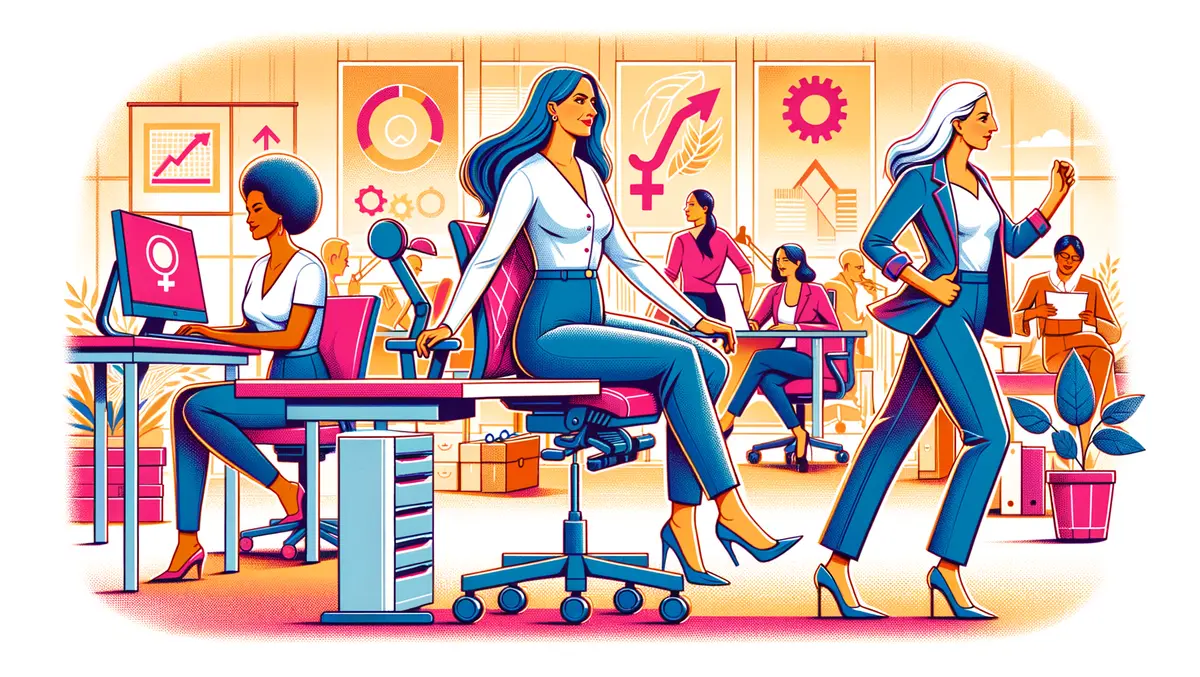
Flexible work & menopause leave top female worker's demands
Flexible working, combating sexual harassment, pay transparency and menopause leave have emerged as top workplace priorities for women, according to a recent survey conducted by Australian jobs network, WORK180. The survey, which polled 769 participants, predominantly women aged between 26 and 46, sought to discern what it will take for businesses to retain their female employees in coming years.
The "What Women Want" survey highlighted that flexible working is the most in-demand employer offering, with 75% of respondents valuing it over a top-of-market salary. Policies dedicated to preventing sexual harassment and promoting pay transparency followed closely behind. Particularly, members of Generation Z (born 1997-2012), who are estimated to make up a quarter of the workforce by 2025, showed strong backing for such measures. 69% of these respondents stated that they would be discouraged from applying for a role if the salary was undisclosed or ambiguous.
The desire for pay transparency and the eradication of the gender pay gap was a common thread among the majority of interviewees. 86% of respondents expressed a desire to be informed about the actions employers are taking to remove or maintain a zero gender pay gap. Remarkably, this figure has risen by 5% since last year. However, over half (55%) of those surveyed revealed they would still consider a role at a company with a poor gender pay gap, if the company demonstrated a commitment to resolving this inequality.
In a significant shift, the establishment of a menopause policy also emerged as a priority among the respondents for the first time. This might be driven by the fact that roughly 25% of the working population is impacted by menopause symptoms at any given time. The survey also revealed a growing awareness of its impact within workplaces. According to the findings, "How to implement menopause leave" emerged as the most downloaded resource by employers on the WORK180 platform throughout 2023.
Reflecting on the survey results, WORK180 co-founder and CEO, Gemma Lloyd reflected: "While the progress toward gender parity has not regained the pre-pandemic pace, there have been significant strides toward progress for women in the workforce." She suggests the findings from the survey demonstrate "the positive impact of an ongoing commitment to diversity, equity, and inclusion (DEI)."
Lloyd further commented on the potential effect of the study's findings on businesses themselves: "Even organisations obliged by government legislation to reveal a poor gender pay gap this year can take comfort in the fact that 50 percent of respondents said they would still apply for positions with a company if they were able to prove their commitment to closing their pay gap."


